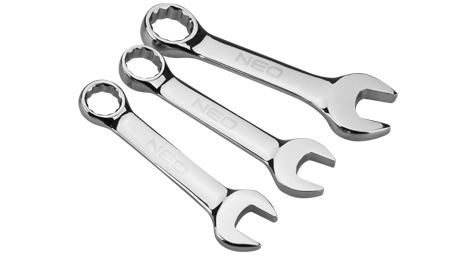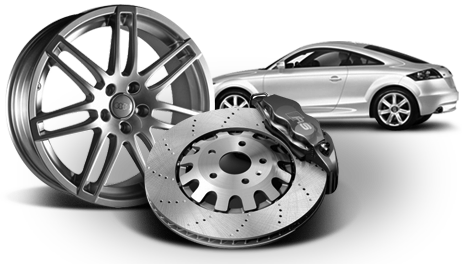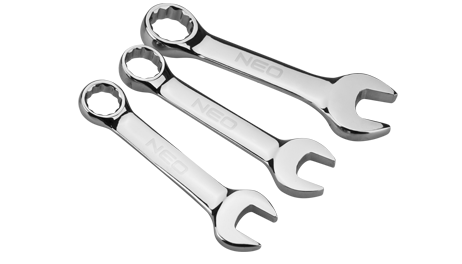Rejecting a recently purchased vehicle
Tuesday, 1 October 2019
... back to News
How to reject a car - your consumer rights
Buying a car should be an enjoyable and relatively easy experience, but what happens when something goes wrong? Here's how to go about rejecting a car and we can help.
What are your rights if you want to reject a car?
The 'early right to reject' states that you have a legal right to reject a vehicle that doesn't meet the specified standards within 30 days
Your rights are against the supplier, which is the dealer and the finance company jointly if you bought it on finance. Not against the manufacturer.
The 2015 Consumer Rights Act theoretically gives you the statutory right to reject a new or used car (or anything else) within 30 days of purchase if any fault is found.
However, this has still be be verified in the courts. A reputable new or used car dealer may have signed up to 'Alternative Dispute Resolution' (arbitration) under an Industry Code of Practice. This used to be called Motor Codes but has now been re-named The Motor Ombudsman.
The reasons to reject a vehicle
You only retain the right to reject the car if there is something fundamentally wrong with it. But you can reject it within six months of the date of purchase. This includes faults that were present - or developing - when you bought the car, or it was received in a condition that does not match what you were told.
Cosmetic issues or minor faults aren't usually reasons to reject a vehicle. These sorts of issues should be dealt with under warranty, if you have one.
You can’t successfully reject a car for a trivial reason such as a little scratch or finding out you don’t like something about the car. Unless, for instance, you bought it for a specific purpose. So if you bought a car to tow a caravan and then you find out it cannot, for example.
Who should you contact?
Write to both the dealer principal and to the finance company (if applicable) and send your letter by Post Office Special Delivery so you get receipts for them and your letters become 'matters of record' which can't be denied.
What steps to take...
If you do purchase a vehicle that was faulty when it was bought, or if it is not as was advertised, then the best course of action is to contact the dealer or individual who sold you the car.
The dealer does not owe you an immediate refund, they'll probably want to conduct their own assessment of the vehicle to see if you are owed your money back. If you are entitled to a refund, it must be given within 14 days of the trader agreeing that you are owed your money back.
If that doesn't work, contact us
What if you think you've been mis-sold a car?
As an example, if you explain to a dealer that you only do short trips and have a low annual mileage, but they sell you a diesel car, this could be classed as mis-selling.
Diesel vehicles are not suitable for short trips, they need to be driven around 15000 miles a year for the DPF to actively regenerate. If not, it can lead to expensive repairs.
Unfortunately, unless you have written evidence then you have no case for a refund. Emailing the dealer and outlining what your vehicle needs are will ensure you have proof of mis-selling if an issue arises
Does this apply to used cars?
Yes, regardless of whether it was bought from a franchised dealership or an independent garage. If there is a problem with your used car soon after you bought it - and that problem is not to be expected based on age or mileage - then you are entitled to a free repair or replacement as long as it's within 30 days.
Often the cost of a replacement will be disproportionate, so it will usually be a repair. If the car was bought from a dealer - and the fault was not stated to you - then you have the right to claim against them for breach of contract.
If the car was not as described then this would fall under misrepresentation and also allows a claim to be made.
What about private sales?
When buying privately you have fewer rights because certain parts of the Consumer Rights Act do not apply. For example, the car does not have to be in a satisfactory quality or fit for purpose.
However, the seller must accurately describe the car, such as the number of previous owners. They must also not misrepresent it, for example not disclosing that it has been involved in an accident or providing a false service history.
During the first six months it then becomes the responsibility of the seller to prove that the problem wasn't there when they sold it, rather than it being up to the buyer to prove that is was there.
If the individual refuses to accept your rejection, you will need to take legal action to reject the vehicle.
What if you've part exchanged a car?
If you part-exchanged your old car for the new one, you will not get it back. Instead, you'll be entitled to the price of the part-exchanged car. The dealer can't charge for usage, wear and tear, collection of the vehicle or anything else.
... back to News








